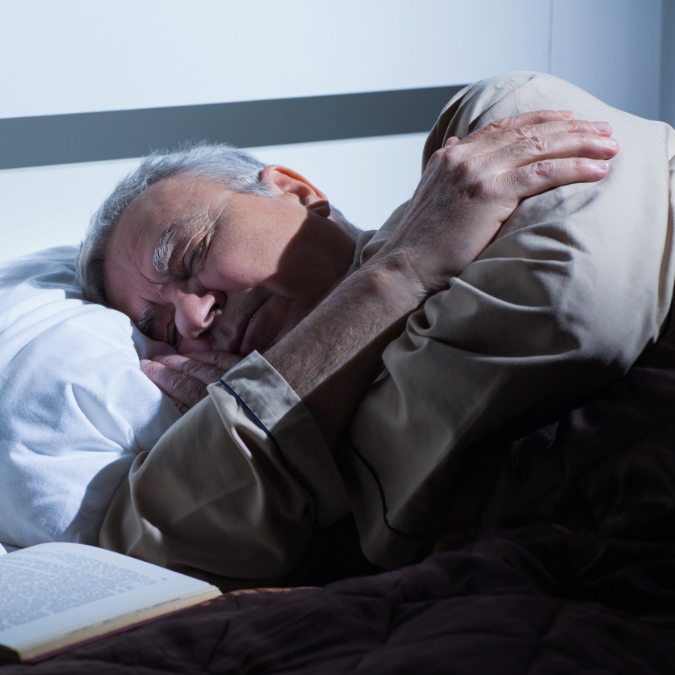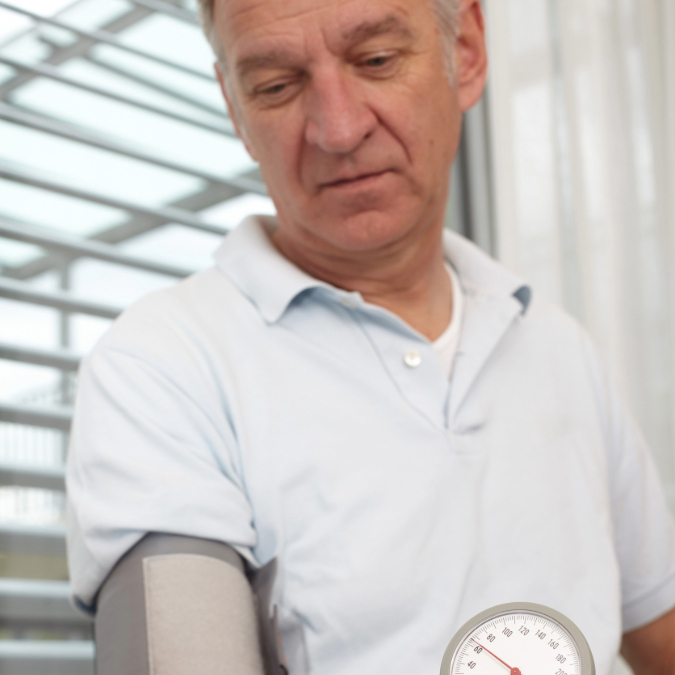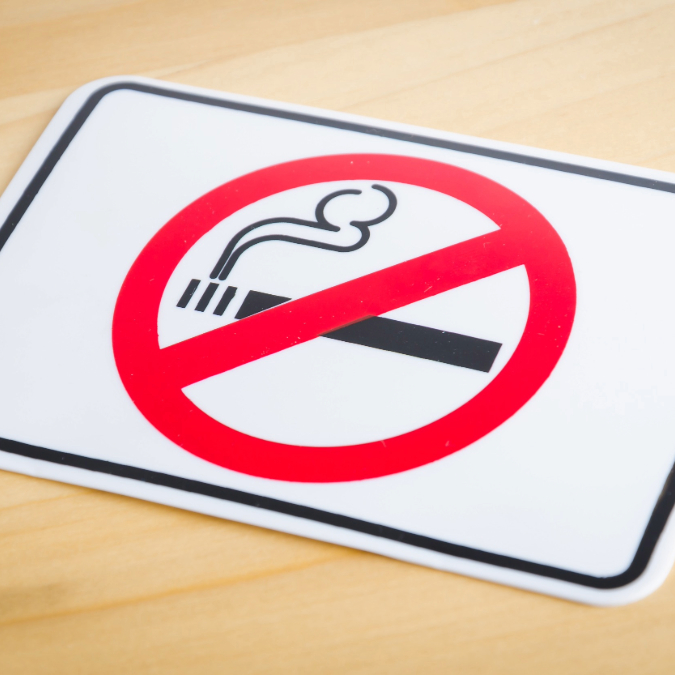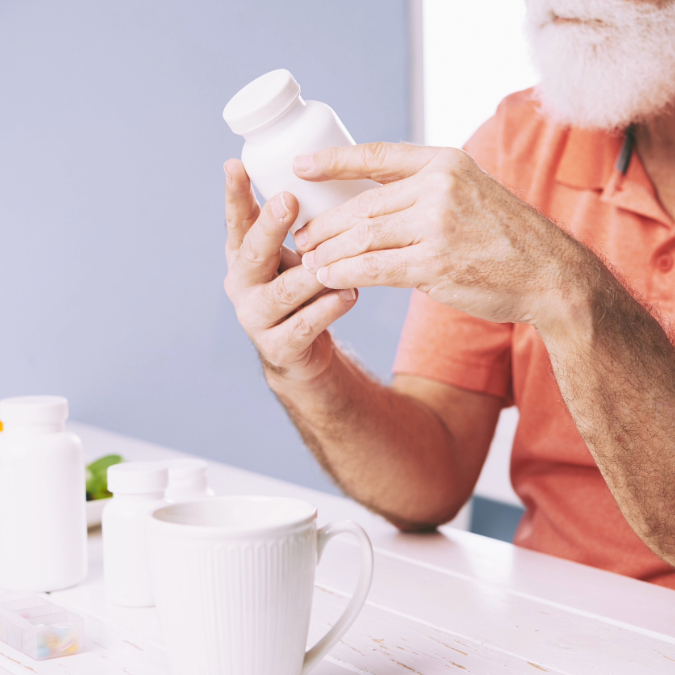Male menopause, also called andropause, is the gradual decline in testosterone levels that occurs as men age. While not all men experience symptoms of andropause, those who do may notice various physical and emotional changes, such as weight gain, muscle loss, irritability, fatigue, hot flashes, and more.
Male menopause is a natural part of getting older, but it can still have a significant impact on a man’s quality of life. Making healthy lifestyle choices and exploring treatment options such as hormone replacement therapy can help you manage any unpleasant symptoms. Here are 11 easy ways to combat male menopause and promote overall well-being during this life transition.
1. Regular Exercise
Engaging in regular physical activity can help manage symptoms of male menopause by reducing stress, improving mood, and enhancing overall well-being. Aim for at least 30 minutes of moderate-intensity exercise most days of the week. Activities like walking, jogging, swimming, or cycling can be beneficial.
2. Healthy Diet
Adopting a balanced diet rich in fruits, vegetables, whole grains, lean proteins, and healthy fats can support hormonal balance and overall health. Limiting processed foods, sugary snacks, and excessive alcohol intake may also help reduce symptoms associated with male menopause like fatigue and muscle loss.
3. Adequate Sleep
Prioritize getting enough sleep each night, as poor sleep quality can exacerbate symptoms such as fatigue, irritability, and mood swings. Research also suggests that poor sleep can interfere with testosterone production, so it’s important to get sufficient rest.
Establishing a relaxing bedtime routine and creating a comfortable sleep environment can help prevent tossing and turning. Try to aim for between 7 and 9 hours of uninterrupted sleep per night so you can wake up refreshed in the morning.
4. Stress Management
Chronic stress can contribute to hormonal imbalances and exacerbate symptoms of male menopause. Practice stress-reduction techniques such as meditation, deep breathing exercises, yoga, or mindfulness to promote relaxation and improve resilience to stressors.
5. Maintain a Healthy Weight
Excess body weight can contribute to hormonal imbalances, potentially exacerbating symptoms of male menopause. Aim to maintain a healthy weight through a combination of regular exercise and a nutritious diet.
6. Consider Hormone Replacement Therapy
In some cases, hormone replacement therapy may be recommended to alleviate severe symptoms of male menopause. This treatment involves replacing declining testosterone levels with synthetic hormones through injections, patches, gels, or implants. However, it’s essential to discuss the potential risks and benefits with a healthcare provider before pursuing this option. You can look for ‘Hormone Therapy Near Me‘ to find professionals in your area who offer treatment for this problem. They can discuss which options might be best for you and how they can work.
7. Get Regular Medical Check-Ups
Schedule regular check-ups with a healthcare provider to monitor hormone levels and overall health. Addressing any underlying medical conditions, such as diabetes or hypertension, may help alleviate symptoms associated with male menopause and improve overall well-being.
8. Avoid Smoking
Studies have shown that men who smoke heavily experience a faster decline of testosterone production than non-smokers. Quitting smoking may help you combat male menopause, and can also lower your risk of developing chronic conditions like COPD and diabetes.
9. Limit Alcohol Intake
Studies have shown that alcohol can interfere with hormone production, so it’s important to drink responsibly and limit your intake. Drinking to excess has also been found to lower testosterone levels in the blood, suggesting that it may be best to reduce your alcohol consumption.
10. Consider Counseling
According to Healthline, andropause can cause you to become more irritable, which can make it more difficult to manage your emotions. These mood changes can affect your relationships and overall mental health, so it may be beneficial to seek counseling to develop effective coping strategies. A therapist can support you as you navigate the shifts happening in your mind and body, helping you find your “new normal” after andropause.
11. Incorporate Supplements
Certain supplements can potentially support testosterone production, such as zinc, ginger, and ashwagandha. It’s possible that adding them to your diet could help combat male menopause. However, it’s important to speak to your doctor before adding new supplements to your diet.
Enjoy This Next Phase of Life
The hormonal changes and symptoms brought about by both menopause and andropause can be challenging for people to deal with. But trust there’s light at the end of the tunnel even if you can’t see it now. Eventually you will adjust to these hormonal shifts and find effective treatments and coping strategies, allowing you to enjoy this next phase of life.
Read More
Alone But Not Lonely: 10 Ways To Be Happy Living On Your Own
9 Reasons Long-Term Care Costs Are Ballooning

Vicky Monroe is a freelance personal finance and lifestyle writer. When she’s not busy writing about her favorite money saving hacks or tinkering with her budget spreadsheets, she likes to travel, garden, and cook healthy vegetarian meals.












